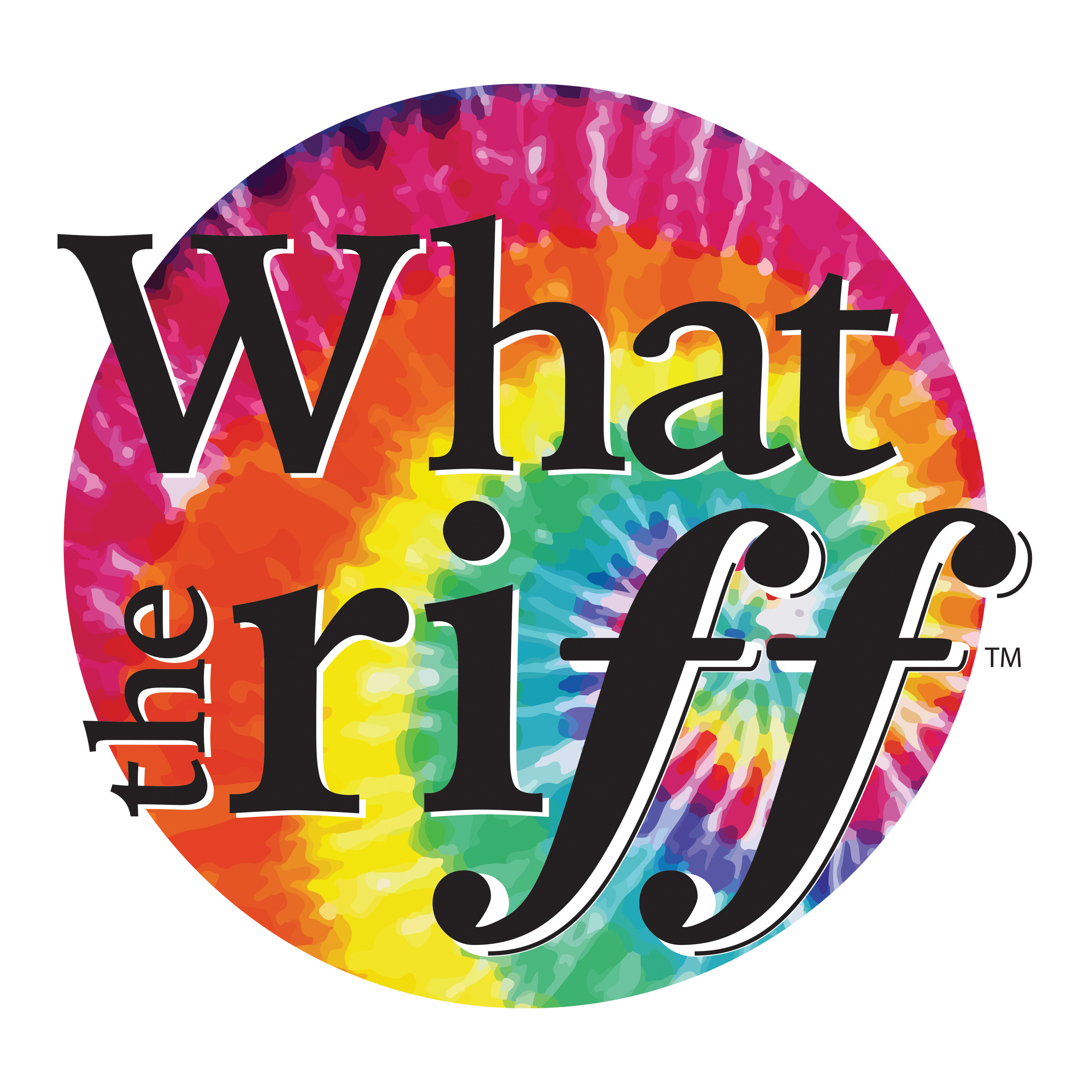1978 - August: REO Speedwagon "You Can Tune a Piano, but You Can't Tuna Fish"
Aside from having a terrific title, the seventh studio album by REO Speedwagon would be the one which would bring them mainstream success. You Can Tune a Piano, but You Can't Tuna Fish was the first album to be co-produced by guitarist Gary Richrath and lead singer Kevin Cronin, and was the first to break into the top 40 on the Billboard 200 album charts in the US, peaking at number 29. It also was the first on which Bruce Hall was a part of the group, replacing Gregg Philbin on bass. The rest of the group was Nel Doughty on keyboards and Alan Gratzer on drums. Doughty and Gratzer were college students when the band was founded, and Doughty was inspired to create the name of the group when he saw it written on the board of his “History of Transportation” class.This album trends toward melodic rock and power ballads, which perhaps explains the broader appeal they received. Richrath's guitar hooks blended well with Cronin's strong vocals, and the result was a polished sound that worked well for both rock anthems and more pensive ballads. The energy of the studio album also seemed to finally catch the essence and energy of their live performances.The band would go on to become one of the stars of the arena rock world in the 80's, and this album is where that really started for them.Rob brings us this group at the start of their ascent to stardom. Roll with the Changes<br />This infectious rock anthem leads off the album, and is a timeless staple of the band's concerts. Kevin Cronin was inspired to write this song when he returned to the band in 1976 and relocated from Chicago to Los Angeles. Changes in his life caused the song to hit him instantly. He started writing the lyrics on a paper bag in his Ford Pinto while driving to L.A.Runnin' Blind<br />This deeper cut is the third track on the album. It has a solid guitar riff and we believe a “Cheap Trick” sound. The lyrics discuss a lover who is always on the road playing the guitar and leaving someone behind. “Change is comin' no more runnin'”Time for Me to Fly<br />Another song written by Kevin Cronin, this ballad was inspired by Cronin's breakup with his high school girlfriend. Unlike “Roll with the Changes,” this song took Cronin 10 years to write, and had been rejected for previous albums. While it would peak at number 56 on the Billboard Hot 100, it would become one of their best known songs and a timeless ballad.Say You Love Me or Say Goodnight<br />Another deeper cut that rocks, this one closes out the album. The lyrics are a call to either make up or split up. It is a great jam to end the concert or album. ENTERTAINMENT TRACK:Theme from the motion picture The Magic of Lassie<br />Jimmy Stewart makes his last appearance in this installment of the film franchise starring the famous collie. STAFF PICKS:Party by Boston <br />Bruce kicks off the staff picks with the sixth track from Boston's second studio album, “Don't Look Back” This straight-up party song was co-written by Brad Delp and Tom Scholz, one of only two songs on the album not solely written by Scholz. While it wasn't released as a single, it received significant airplay on rock stations and appears on Boston's Greatest Hits album.Raise a Little Hell by Trooper<br />Wayne keeps the energy up with a rocker off Canadian band Trooper's fourth studio album. Randy Bachman produced this album entitled “Thick as Thieves.” It appears in the first season of the NETFLIX show “Stranger Things.” While not having a big hit in the US (this one went to number 59) Trooper was inducted

